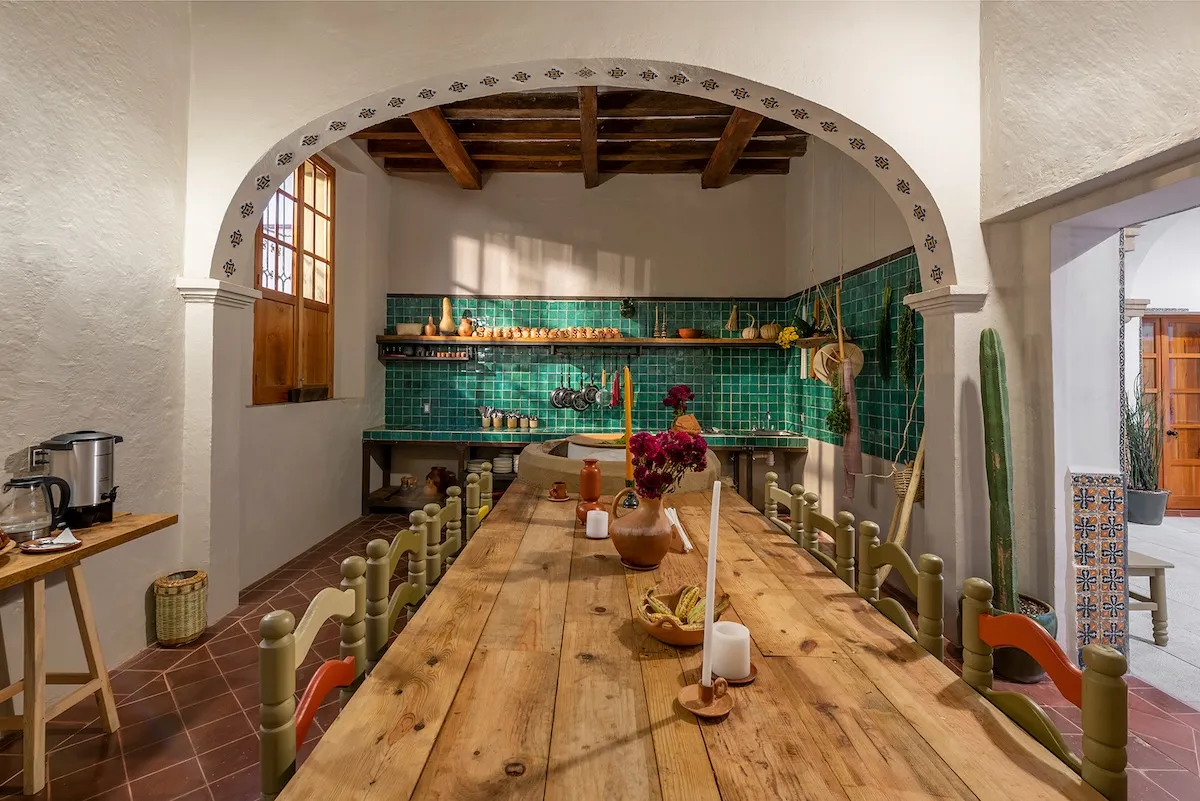U.S. Hotel Companies Promote More Women, But Challenges Persist
Skift Take
As a woman with a general contractor’s construction license, Karie Brittano is used to being the only woman in a room. For her, that’s been an edge when it comes to having conversations as co-CEO of the Brittano Group, Inc., which is now building The Rook, a boutique property in South Boston, Virginia.
But not every woman who wants to be a leader in hospitality is quite as lucky, Brittano said.
“This is a similar kind of playing field,” she said. “I’m starting to see in the hospitality space and in construction, women are more valued and seen in different positions than they were before. The appreciation is there. But there’s still room in both industries for a lot of growth.”
Brittano’s insights align with the most recent research from the AHLA (American Hotel & Lodging Association) Foundation’s 2023 “Women in Hospitality” report, which found that the representation of women within hospitality leadership continues to increase. The report, released late last week by The Penn State School of Hospitality Management, indicated that in 2022 the hospitality industry made progress in women’s advancement to executive leadership roles — albeit with opportunities for improvement in key areas.
At the director level, women now occupy an equal number of positions as men.
But while women now hold a quarter of chief-level roles at hotel companies, those roles are mostly in human resources, sales, and marketing.
Most notably, AHLA research suggested that women have lost ground in investment and development over the past four years, as there are now almost 28 men for every woman in the roles of chief investment officer or chief development officer.
Whether the financial conversation is on a public leadership level or an individual ownership one, it’s one of the most important to have, said Anna Scozzafava, vice president and general manager of extended stay brands for Choice Hotels International, Inc.
In March, Pew Research Center published its gender pay gap research, and found that the difference between the earnings of men and women has remained steady for two decades, with American women typically earning 82 cents for every dollar earned by men.
That becomes especially challenging for female investors who may have less capital, Scozzafava said.
“When you talk to women who have gone through this process of trying to break into the hospitality ownership industry, they will tell you that the lending standards and how they assess risk is different because they don't necessarily know how to look at a woman and their profile and their individual financial strengths,” she said. “This profile isn’t typically who lenders have worked with on the commercial side.”
While Leading Hotels of the World, for instance, has 50/50 gender representation on its leadership team – including President and CEO Shannon Knapp – female ownership hovers at 10 percent of the 400-plus independent luxury hotel consortium.s
Last year, Choice expanded its emerging markets development program with the launch of HERtels by Choice, focusing on franchise opportunities for women entrepreneurs by offering training, education, mentorship, and financial assistance. This year, one of HERtels spring conference’s top-rated and attended sessions was with a female lending expert, Scozzafava said.
“It was a safe space to ask so many questions. The sense of community was palpable – it’s really important to offer networking and mentorship,” Scozzafava said.
Part of advancing the conversation around women leadership in hospitality may just be flipping the script a bit, said Mimi Oliver, CEO of extended-stay brand WaterWalk.
“When it comes to mentorship, which is vital, or career coaching, people are more sensitive to certain words and certain language,” Oliver said.
Reconsidering traditional approaches to guidance as the industry becomes even more diverse may be critical to the next generation of hoteliers, said Oliver, who volunteers as a mentor for other rising female business leaders.
Promoting the variety of opportunities in hospitality is also critical, said Oliver. As a former international executive for Deutsche Bank who specialized in large hospitality deals, she’s an exception to the data surfaced by AHLA surrounding investment roles.
While their latest report shows that the lodging and accommodation workforce was 58 percent female in 2022, and in recent years more than two-thirds of students who graduated with a hospitality management degree were women, AHLA notes that women remain “dramatically underrepresented” in the investment/development, and information technology fields.
Given the global shortage of IT workers across almost all industries, that may take years to overcome. But when it comes to honing business acumen and professional development, it’s time for the industry to get down to business, Brittano said.
“There’s the Women Own the Room program and companies like Choice focusing on the small business owner, helping us find our voice,” she said. “But reading the stats about at the director level women occupying an equal number of positions as men — I was like whoa, wait — I haven’t noticed that in any room.”





